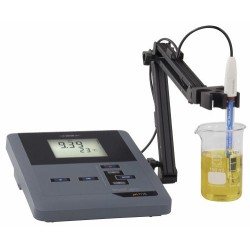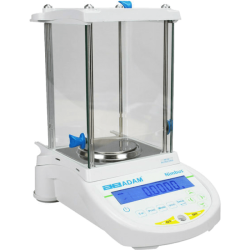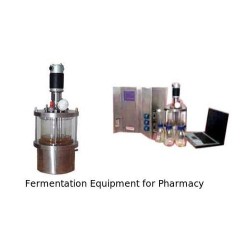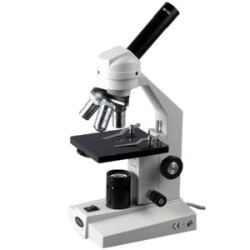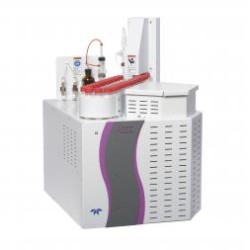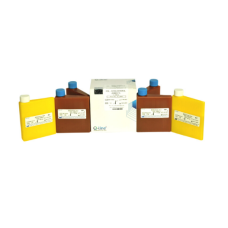Click Image for Gallery
HDL-Cholesterol
High-density lipoproteins (HDL) are the smallest of the lipoproteins, yet the most complex class of lipoproteins. HDL is comprised of several subclasses that are different in size, protein and lipid composition, physiological functions, and pathophysiological significance. Functionally, HDL mediate the transport of cholesterol from non-hepatic tissues to the liver for excretion from the body, known as reverse cholesterol transport (RCT).There is a well-established inverse correlation between plasma levels of HDL-associated cholesterol (HDL-C) and the incidence of cardiovascular disease. Attempts at therapeutic interventions to raise plasma HDL-C levels have been successful, raising it by 30% to more than 100%. However, so far the pharmacological raising of HDL-C has provided no benefit in terms of clinical outcomes.
HDL have been demonstrated to have a variety of functions, including anti-oxidative, anti-inflammatory, antithrombotic, anti-apoptotic, antidiabetic, anti-infectious, endothelial cell-repairing, and vascular endothelial function-improving effects in addition to cellular cholesterol efflux and RCT. These pleiotropic functions of HDL may be involved in the prevention of atherosclerosis progression. HDL has several potential anti-atherogenic effects and protective effects on endothelial cells. Therefore abnormal and reduced vasoprotective effects of HDL are closely associated with atherogenesis and an increased risk of cardiovascular disease. Oxidative modifications have been proposed for alteration and deterioration of HDL. The oxidation of HDL particles is likely to have important consequences not only for cholesterol homeostasis in peripheral tissues but also for the development of vascular diseases associated with oxidative stress. Accurate measurement of HDL-C is of vital importance when assessing patient's risk for CHD.
HDL have been demonstrated to have a variety of functions, including anti-oxidative, anti-inflammatory, antithrombotic, anti-apoptotic, antidiabetic, anti-infectious, endothelial cell-repairing, and vascular endothelial function-improving effects in addition to cellular cholesterol efflux and RCT. These pleiotropic functions of HDL may be involved in the prevention of atherosclerosis progression. HDL has several potential anti-atherogenic effects and protective effects on endothelial cells. Therefore abnormal and reduced vasoprotective effects of HDL are closely associated with atherogenesis and an increased risk of cardiovascular disease. Oxidative modifications have been proposed for alteration and deterioration of HDL. The oxidation of HDL particles is likely to have important consequences not only for cholesterol homeostasis in peripheral tissues but also for the development of vascular diseases associated with oxidative stress. Accurate measurement of HDL-C is of vital importance when assessing patient's risk for CHD.






